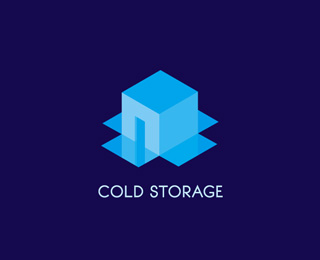Cold storage meets big data: Run low-cost analytics in the public cloud
 There has been significant enterprise focus on tiered storage algorithms that route data to the most appropriate storage media based upon how frequently the data needs to be accessed, with particular attention paid to tier one, the most rapid access storage for data that requires quick and frequent retrieval.
There has been significant enterprise focus on tiered storage algorithms that route data to the most appropriate storage media based upon how frequently the data needs to be accessed, with particular attention paid to tier one, the most rapid access storage for data that requires quick and frequent retrieval.
But back in the "data dungeon" where up to 85% of all enterprise data resides in storage that is seldom accessed, there is an equally looming crisis of how this data can be optimally managed and maintained at the lowest cost, with appropriate data storage, retrieval, security, and access policies in place.
The name for this infrequently accessed but nonetheless necessary data is "cold storage." Determining whether data is "hot" (frequently accessed), "warm" (moderately accessed), or "cold" (infrequently accessed) is often the job of a storage administrator who assesses how long it has been since various categories of data have been accessed. In some cases, data centers are even beginning to use automated storage tiering software to make these data storage decisions.
Big data factors into the discussion because there is so much of it. For purposes of governance (where data is required to be retained even though it isn't regularly being used), business continuation (where big data as well as "regular" data needs multiple data repositories for disaster recovery failovers), and just general sanity reasons of needing to know where everything is, sites have to look for low-cost, slower cold storage so they can affordably keep this seldom accessed data under management.
"We recognized the need for cold storage with big data when we studied the market and saw that streaming all the big data out that organizations were accumulating was a growing problem," said Jeff Flowers, Founder and CEO of Storiant, a cold data services provider for private cloud environments.
Flowers and Storiant say they can retain data securely behind a firewall for as little as $.01 per gigabyte per month. Large-scale public cloud service providers like Amazon also offer cold storage services, but the difference is that Storiant delivers it to enterprises for use in enterprise private clouds; this appeals to many companies that are leery of using public cloud services for their data.
Source: www.techrepublic.com
